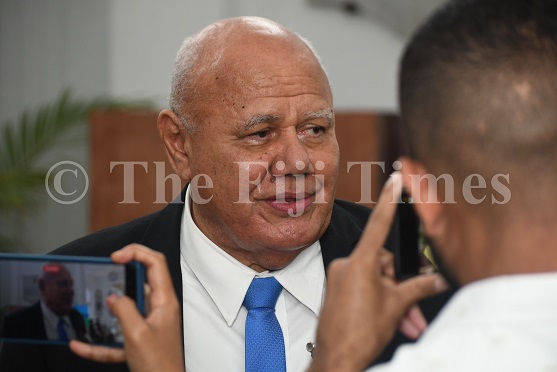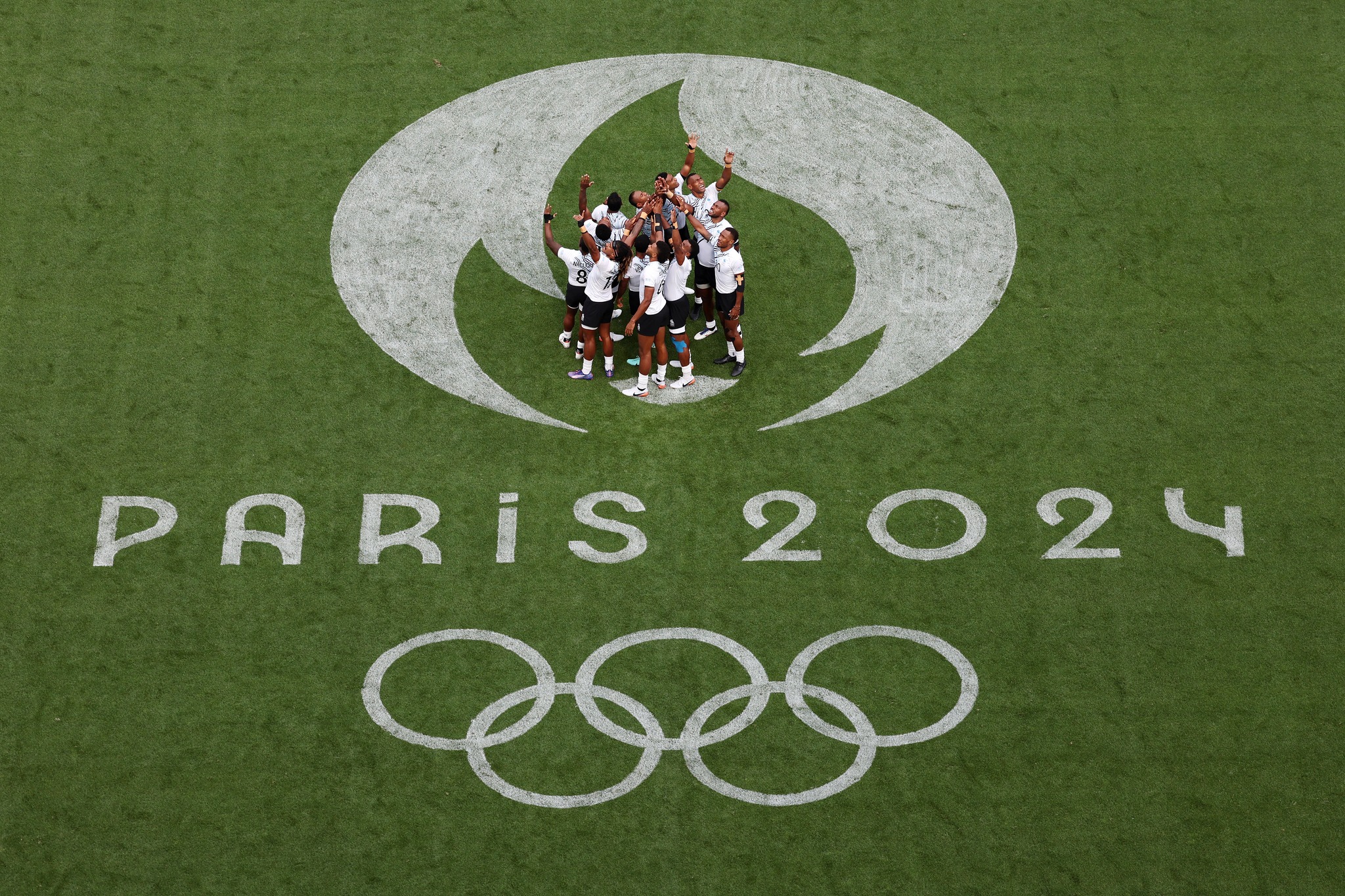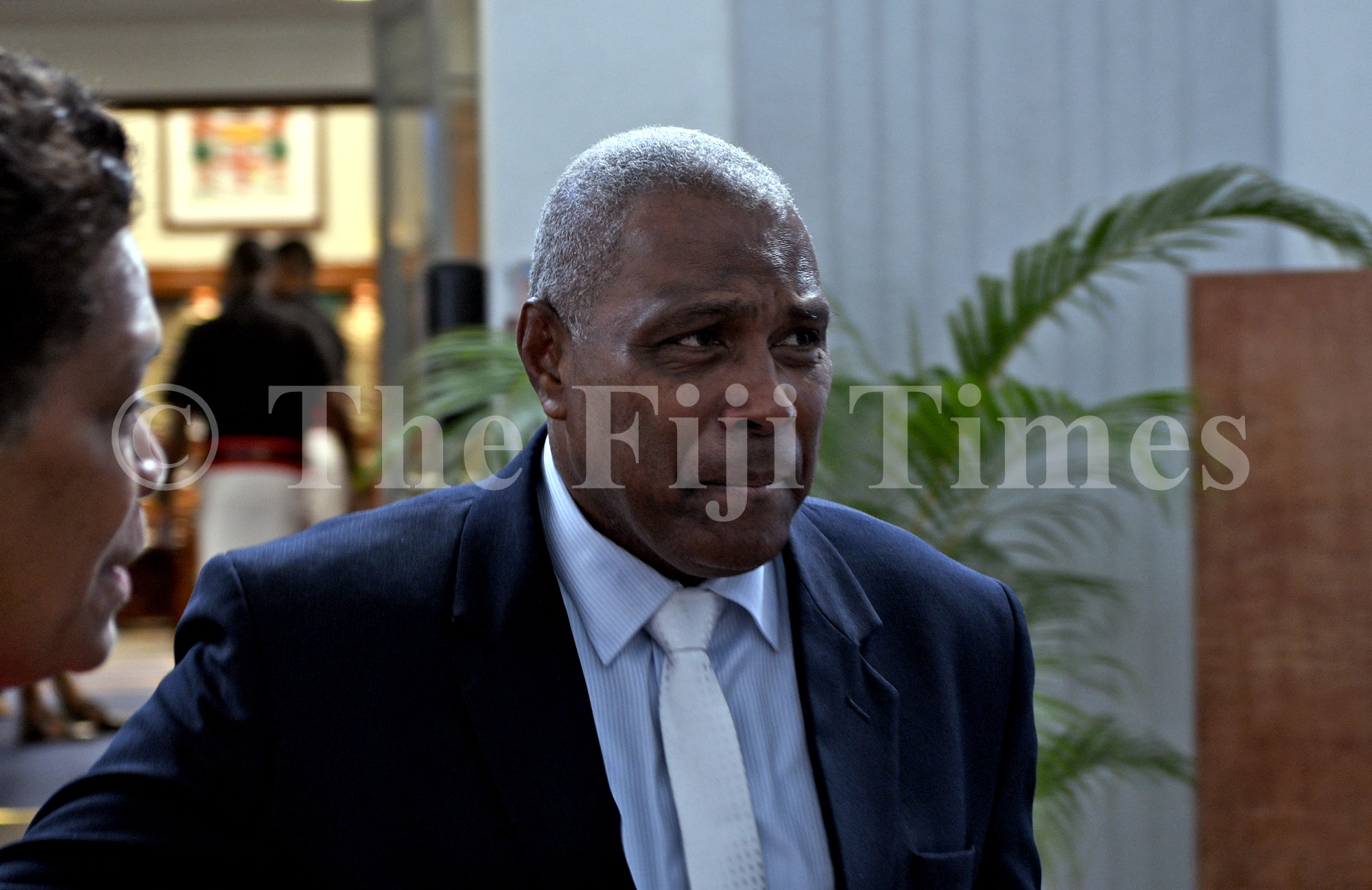The Great Council of Chiefs (GCC) needs to shed its image as an “ethno-nationalistic” institution to one which is inclusive, apolitical and transformational.
University of Canterbury pro-vice chancellor Professor Steven Ratuva said this while delivering a public lecture on iconic iTaukei statesman, the late Ratu Sir Lala Sukuna at the University of the South Pacific (USP) on Wednesday.
Prof Ratuva said the burning question was how could the GCC be made more relevant.
“Studies around the world have shown that if an institution does not transform itself to adapt to a changing environment, then they are bound to be left behind, and sometimes it might collapse,” he said.
“How adaptable is the GCC in terms of responding to emerging economic, political, and cultural issues not only in Fiji, in the villages. A lot of those issues are happening in towns and of course in the region, and internationally.
“The image in the past has been disastrous in many ways.
“It has been seen as an ethno-nationalistic institution and one of the reasons why the last government got rid of them was because of the image they had in mind.
“So they (GCC) have to reimage themselves. So this can also be part of the Fiji brand, to unify and address issues of conflict and wellbeing.”
He said Fijians, including the iTaukei, were scattered across the world and supporting Fiji through remittances, which had become the second largest income earner for the country.
Thus, the challenge that now remained was to connect all these people together to the GCC.
“The other challenge is to deal with how resilient it can be. Resilience in terms of being able to be durable and draw the line between what it’s supposed to be doing and the political dynamics around them.
“GCC has been used politically in the past by the military, by political parties, by politicians.
“And as a result of that, its image has been tarnished a little bit. So, it has to maintain a sense of independence in a way, which is not politicised and thus, will show its credibility.
“The other issue is to do with inclusion and how the GCC can be an agent of inclusion, including people of different cultures and even within the iTaukei community.
“A lot of the iTaukei people, particularly some of the provinces, and some of the communities which are marginal, the GCC has always been seen as something for the big chiefs.
“So it’s both inclusion within the iTaukei community and inclusion across the ethnic divide.”
Prof Ratuva also clarified that inclusion was defined in different ways by different people and did not necessarily mean that everybody should sit together in the GCC meeting.
He added that as a political reformist, Ratu Sukuna would have been glad to see the GCC reforms that were happening.






